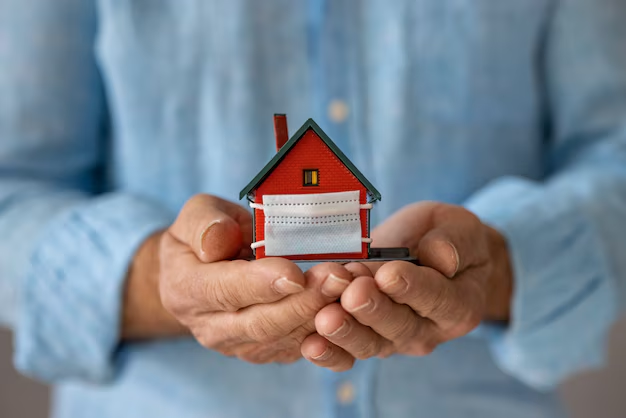Seeking Shelter in Baltimore: Navigating Resources and Options
In the heart of Baltimore, homelessness is a pressing issue that affects thousands of individuals and families. Finding a homeless shelter is often the first critical step toward stability and self-sufficiency. Whether you're facing homelessness due to economic hardship, unforeseen circumstances, or personal struggles, knowing where to turn can make all the difference.
Finding a Shelter
Baltimore offers a network of shelters, each providing unique services tailored to different needs:
- The Weinberg Housing and Resource Center: One of the largest emergency permanent shelters in Baltimore, offering comprehensive services for both men and women.
- Sarah’s Hope: Known for aiding homeless families, Sarah’s Hope provides shelter in addition to supportive services like daycare and job training.
- Baltimore Rescue Mission: This faith-based organization offers separate housing for men and women, along with essential programs to aid in recovery and reintegration.
When seeking shelter, it's essential to contact the locations directly to understand availability and any specific requirements they may have.
Beyond Immediate Shelter: Financial Assistance
Once you’ve secured a temporary roof over your head, exploring financial assistance options becomes crucial to overcoming homelessness in the long run. Baltimore provides several programs that can help you get back on your feet:
Government Aid Programs
The Maryland Department of Human Services offers a variety of programs aimed at providing financial relief to those in need. Temporary Cash Assistance is available for eligible families, helping cover essentials like food, clothing, and housing.
Supplemental Nutrition Assistance Program (SNAP) can also provide critical aid for food security, ensuring that you and your family have access to nutritious meals as you work towards financial stability.
Debt Relief and Credit Solutions
Tackling debt and repairing damaged credit is a critical step toward sustainable independence. Nonprofit organizations like the Maryland Consumer Rights Coalition offer guidance on debt management and credit repair. They can help negotiate with creditors or suggest plans to consolidate debt for easier management.
Local credit unions often have specialized programs to help individuals rebuild credit. It's worthwhile exploring these opportunities, as a better credit score opens up access to more housing and job opportunities.
Educational and Job Training Resources
Many shelters incorporate skill-building and educational opportunities into their programs. Furthering your education or gaining new skills can significantly enhance employment prospects:
- Workforce Development Initiatives: Baltimore’s Office of Employment Development provides skill-building workshops, resume writing assistance, and job placement services.
- Community Colleges: Consider enrolling in courses at local community colleges, which often offer financial aid and grant opportunities for eligible students.
A Path Towards Stability
While the journey from homelessness to stability is challenging, Baltimore's myriad resources and committed organizations can offer substantial support. As you navigate this path, remember that every small step contributes to broader life changes.
📌 Here’s a quick reference list for additional support:
- Food and Nutrition 🍽️: SNAP, local food banks, church meal programs
- Financial Aid 💵: Temporary Cash Assistance, Maryland Energy Assistance Program
- Debt Management 📉: Maryland Consumer Rights Coalition, Local Credit Unions
- Credit Repair 🏦: Credit counseling services by nonprofits
- Job Training and Education 🎓: Workforce Development Centers, Community college grants and scholarships
Finding shelter and support in Baltimore is just the beginning. By taking advantage of the available resources, you can empower yourself toward a more secure and prosperous future.

